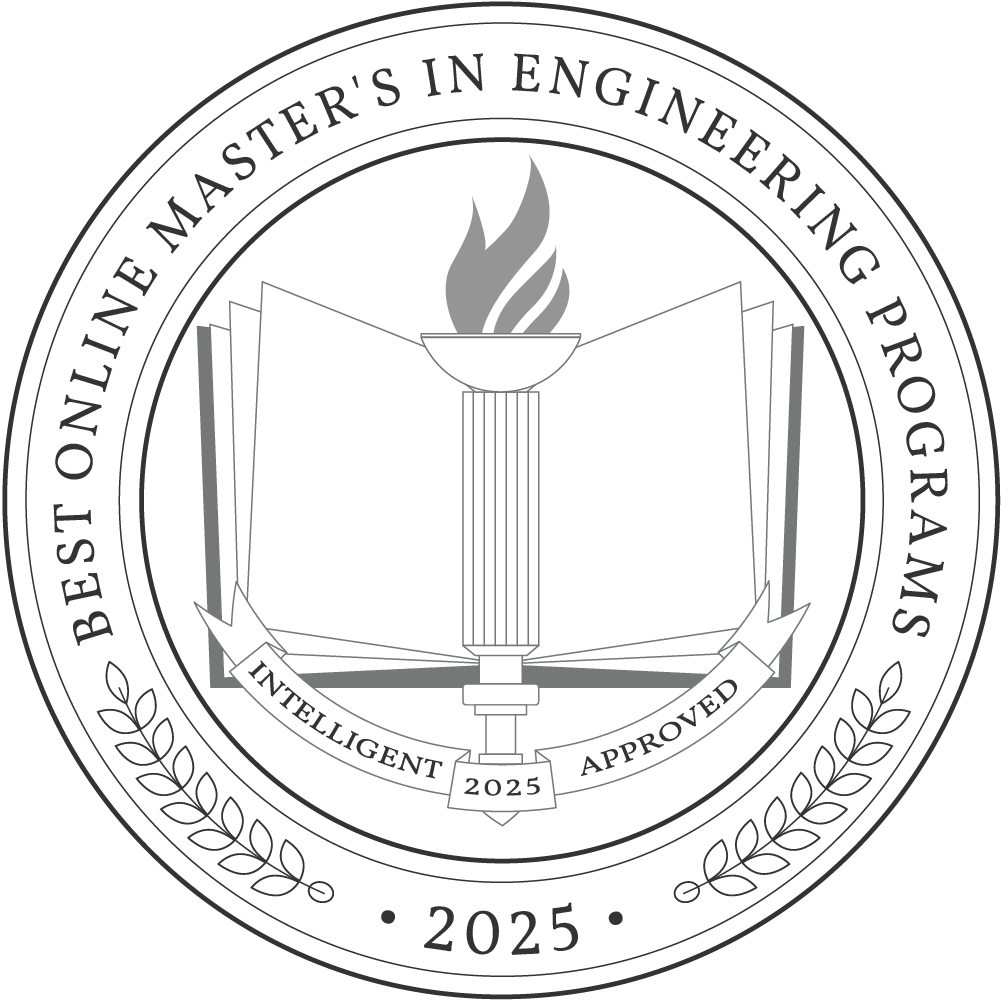Students with a talent for design and a desire to work in industries such as aerospace, agriculture, electronics, computer software, or mechanics will benefit from an online master’s in engineering degree. They can design, build, and analyze products and systems to improve how something functions.
According to the U.S. Bureau of Labor Statistics, many of the potential career options with this degree have an average annual salary of over $100,000.
Students can earn a master’s in engineering in two years or less if attending full-time and three to five years if attending part-time. The cost of a master’s degree will vary due to many factors, including financial aid. According to the National Center for Education Statistics, the average tuition for graduate school is $12,596 at public universities and $28,017 at private schools.
We interviewed Blanca Villagomez, a program counselor and coordinator at UC-Irvine, who shared valuable insights and strategies for students to succeed in an online master’s degree program.
Why Trust Us
The Intelligent.com Higher Education Team is dedicated to providing students with independent, equitable school and program rankings and well-researched resources. Our expert-driven articles cover topics related to online colleges and programs, paying for school, and career outlooks. We use data from the U.S. Department of Education’s College Scorecard, the National Center for Education Statistics, and other reputable educational and professional organizations. Our academic advisory team reviews content and verifies accuracy throughout the year for the most current information. Partnerships do not influence rankings or editorial decisions.
- Analyzed over 2,000 national, accredited, and nonprofit colleges and universities
- 800+ rankings pages are reviewed and updated yearly
- Content is informed by reputable sources, surveys, and interviews with academic advisors and other experts
- Over 100 data points are reviewed for accuracy and quality throughout the year, including sources
How we rank schools
Our list features the best online Engineering degree programs at top colleges nationwide. Each school featured is a nonprofit, accredited institution — either public or private — with a high standard of academic quality for post-secondary institutions.
We evaluated each school’s program on tuition costs, admission, retention and graduation rates, faculty, reputation, and the student resources provided for online students. We collected data from trusted sources like the National Center for Education Statistics, individual school and program websites, school admissions counselors, and other data sources. Then, we calculated the Intelligent Score on a scale of 0 to 100 based on the following criterion:
Academic Quality:
- Admission rate versus enrollment rate
- Retention rate of students who return after year one
- Accreditation status (regional and programmatic)
- Nonprofit status, both private and public institutions
Graduation Rate
- Overall graduation rate
- Total number of currently enrolled students, including diversity metrics
- Student-to-faculty ratio
Cost and ROI
- In-state and out-of-state per-credit tuition rates and fees
- Required credits to graduate
- Earning potential after graduation
- Availability of federal student loans, scholarships, and other financial aid options
Student Resources
- Available student services for online-only and hybrid programs
- On-campus amenities like tutoring centers and the number of libraries
Read more about our ranking methodology.
Best 50 Accredited Online Master's in Engineering Programs
FiltersInstitution Type
Status
- Intelligent Score
- Alphabetically By University Name
- Acceptance Rate
- Enrollment
- In-state Graduate Tuition
- Out-of-state Graduate Tuition
- In-state Undergraduate Tuition
- Out-of-state Undergraduate Tuition

University of Illinois at Urbana - Champaign
Intelligent Score: 99.98In-state: $14,317
Out-of-state: $33,824
In-state: $15,016
Out-of-state: $15,016
SAT: 1200-1460
ACT: 27-33
$1,160
Online
Higher Learning Commission
32-36

University of California, Los Angeles
Intelligent Score: 99.61In-state: $11,442
Out-of-state: $41,196
In-state: $11,442
Out-of-state: $11,442
SAT: 1310-1530
ACT: 30-35
$1,100
Online, On-Campus
Western Association of Schools and Colleges Senior College and University Commission
36
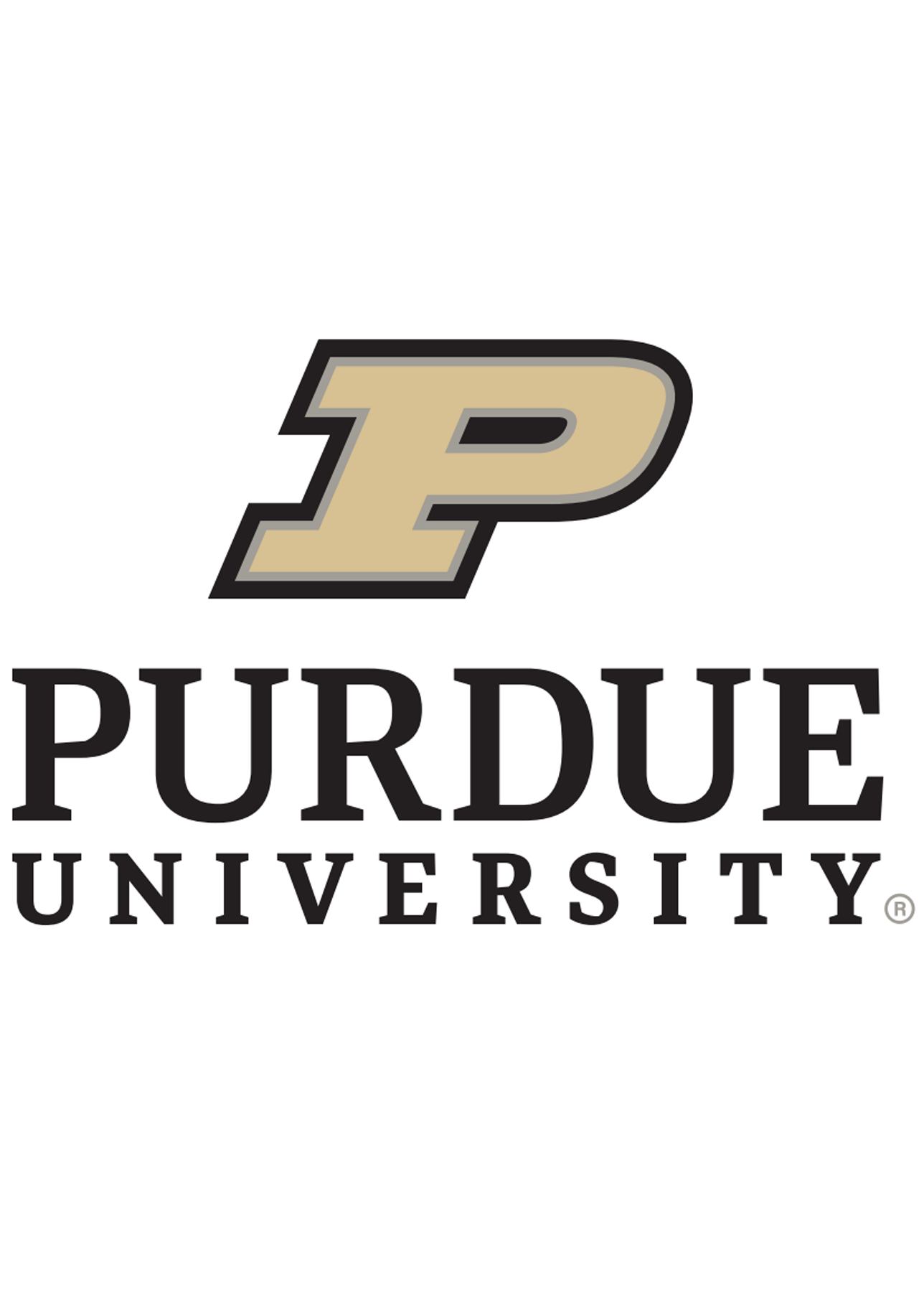
Purdue University
Intelligent Score: 98.81In-state: $9,208
Out-of-state: $28,010
In-state: $9,208
Out-of-state: $9,208
SAT: 1170-1420
ACT: 25-33
$833
Online
Higher Learning Commission
30

University of Florida
Intelligent Score: 97.61In-state: $4,477
Out-of-state: $25,694
In-state: $10,770
Out-of-state: $10,770
SAT: 1290-1460
ACT: 29-33
Resident: $449
Non-Resident: $690
Online
Southern Association of Colleges and Schools Commission on Colleges
30

PennState World Campus
Intelligent Score: 96.84In-state: $15,025
Out-of-state: $24,413
In-state: $22,464
Out-of-state: $22,464
SAT: 1070-1300
ACT: 24-29
$1,017 - $1,132
Online
Middle States Commission on Higher Education
30-36
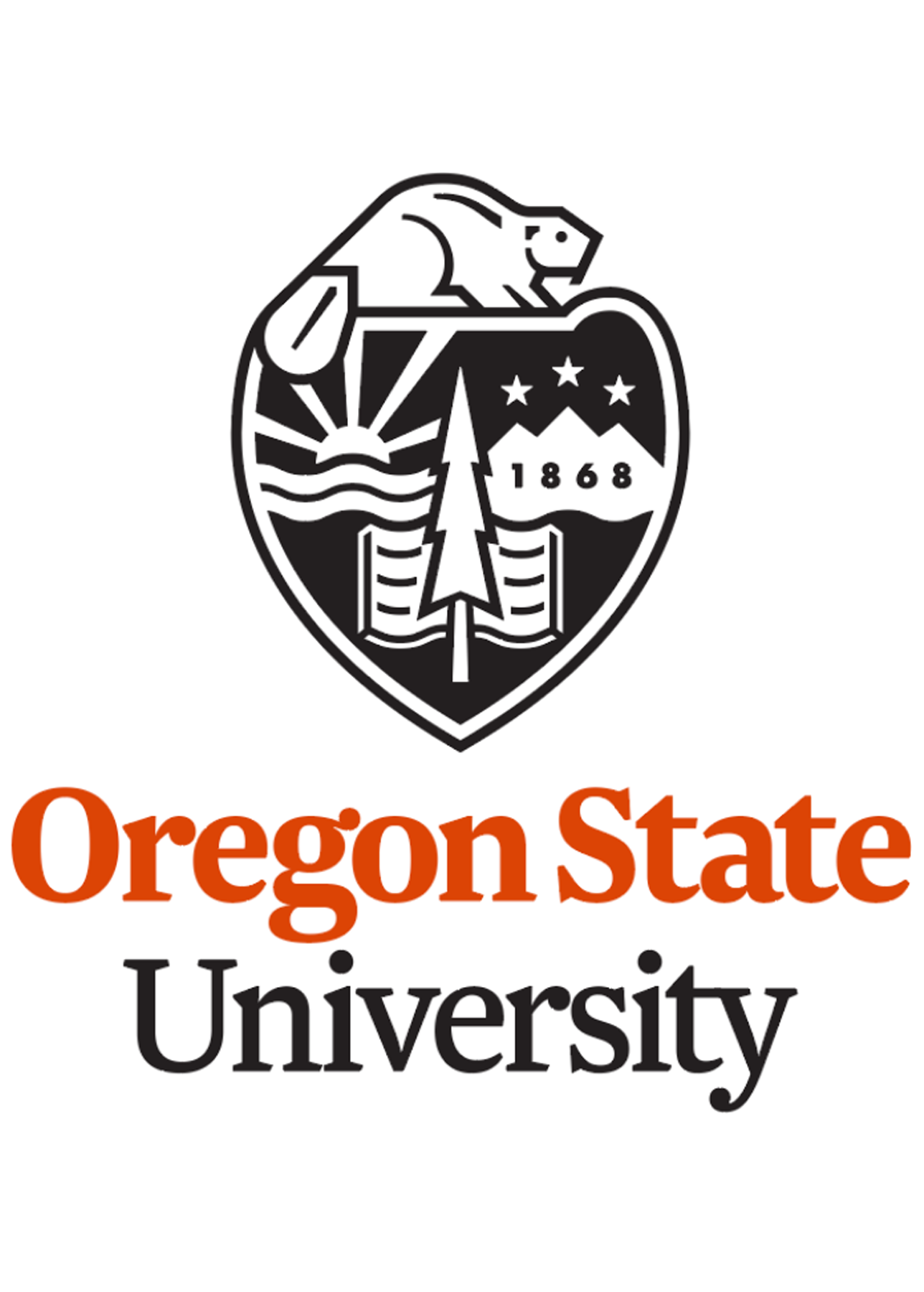
Oregon State University
Intelligent Score: 96.56In-state: $9,846
Out-of-state: $29,445
In-state: $13,257
Out-of-state: $13,257
SAT: 1080-1310
ACT: 21-29
$633
Online
Northwest Commission on Colleges and Universities
45
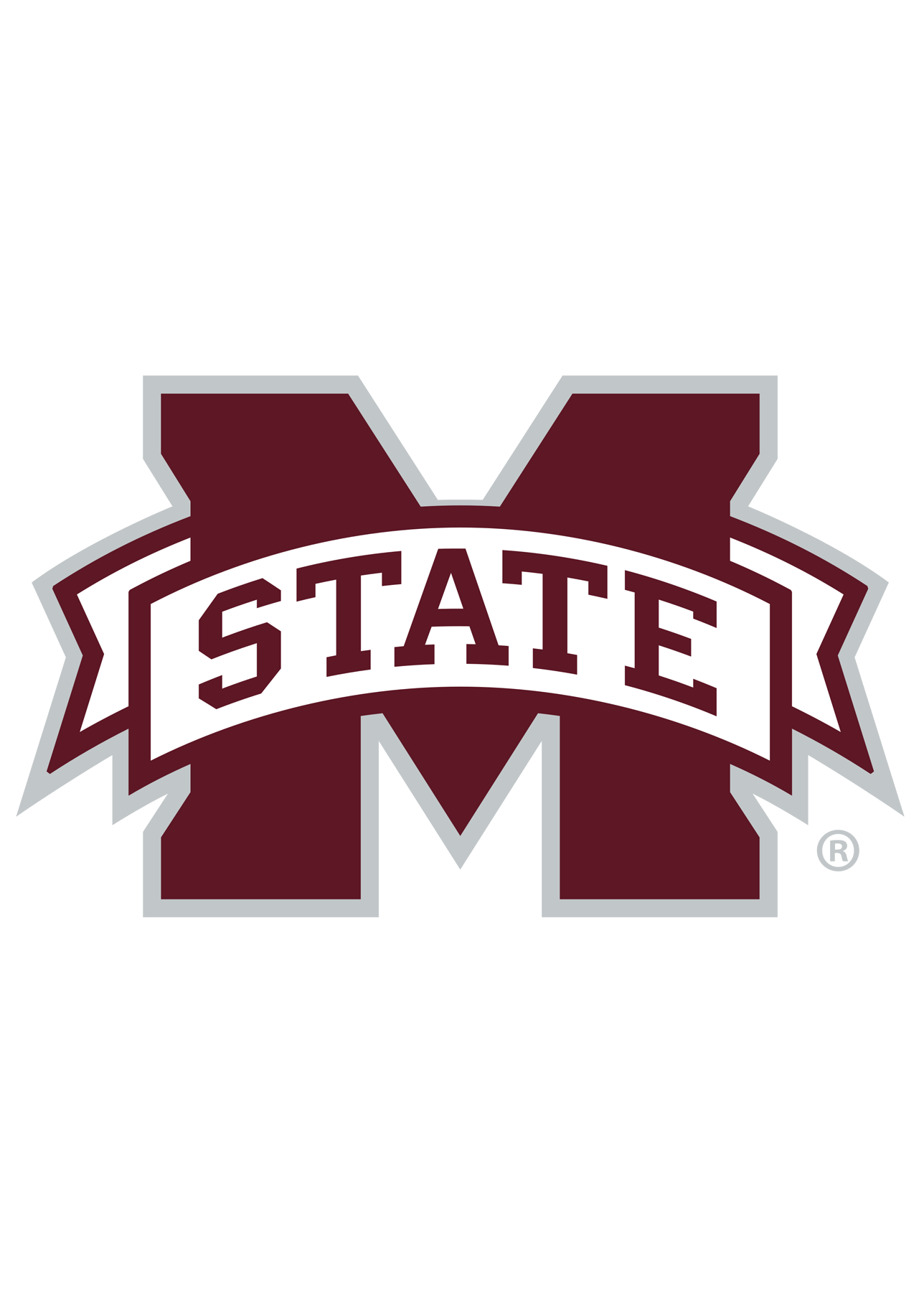
Mississippi State University
Intelligent Score: 95.83In-state: $8,800
Out-of-state: $23,840
In-state: $8,800
Out-of-state: $8,800
SAT: 1050-1270
ACT: 22-30
$559
Online
Southern Association of Colleges and Schools Commission on Colleges
30-31
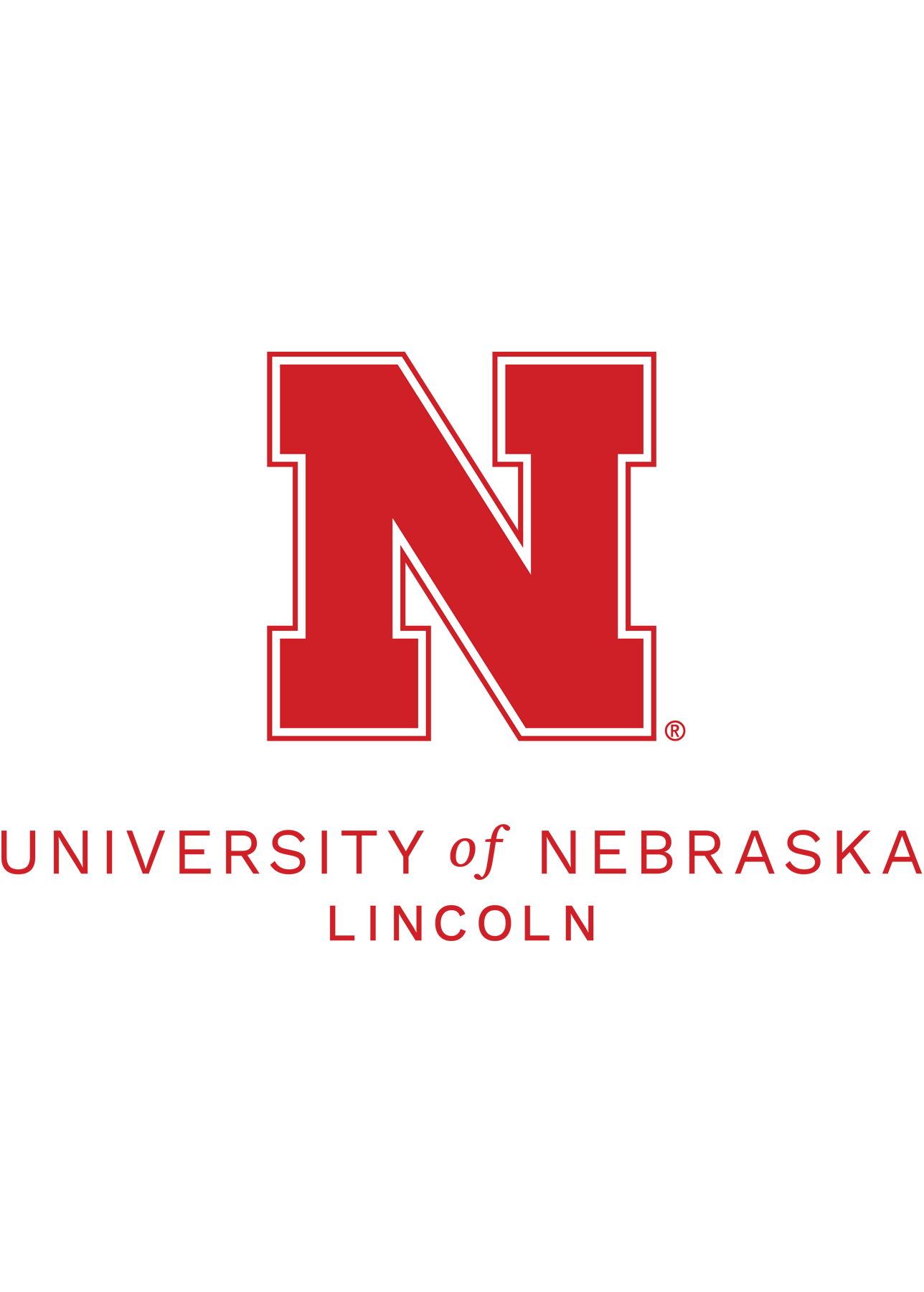
University of Nebraska - Lincoln
Intelligent Score: 95.58In-state: $7,770
Out-of-state: $24,900
In-state: $6,138
Out-of-state: $6,138
SAT: 1110-1320
ACT: 22-28
$675
Online
Higher Learning Commission
30

University of Southern California
Intelligent Score: 95.32In-state: $59,260
Out-of-state: $59,260
In-state: $47,880
Out-of-state: $47,880
SAT: 1340-1530
ACT: 30-34
$2,354
Online
Western Association of Schools and Colleges Senior College and University Commission
27-30

University of Maryland
Intelligent Score: 95.21In-state: $8,824
Out-of-state: $34,936
In-state: $13,158
Out-of-state: $13,158
SAT: 1270-1480
ACT: 30-34
$1,449
Online
Middle States Commission on Higher Educatio
30

University of Central Florida
Intelligent Score: 94.73In-state: $4,478
Out-of-state: $19,810
In-state: $6,916
Out-of-state: $6,916
SAT: 1160-1340
ACT: 25-30
In-State: $327
Out-of-State: $1,152
Online
Southern Association of Colleges and Schools Commission on Colleges
30

Johns Hopkins University
Intelligent Score: 94.27In-state: $54,160
Out-of-state: $54,160
In-state: $57,010
Out-of-state: $57,010
SAT: 1470-1560
ACT: 34-36
$1,757
Online, Hybrid
Middle States Commission on Higher Education
30
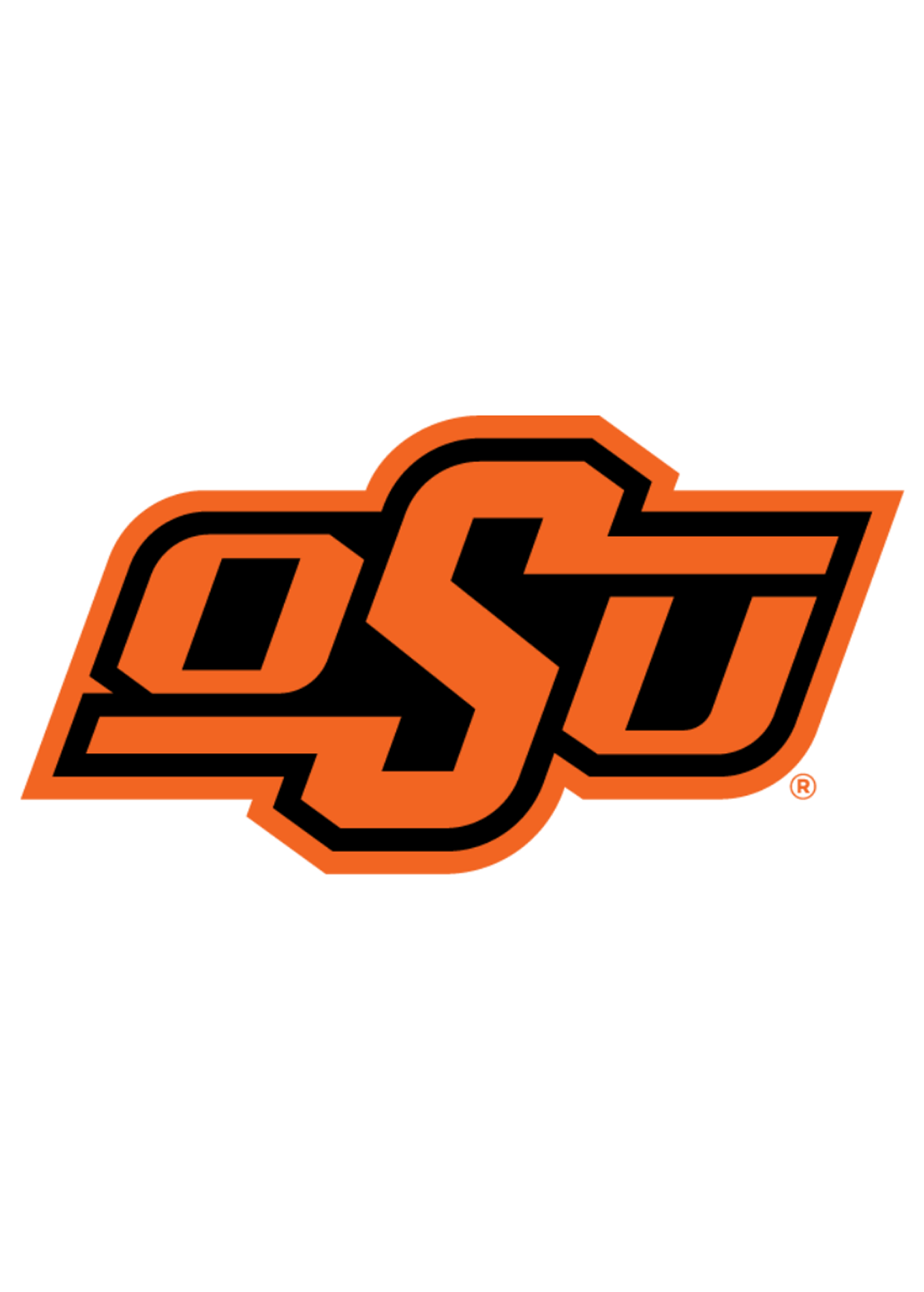
Oklahoma State University
Intelligent Score: 92.28In-state: $5,357
Out-of-state: $20,877
In-state: $5,531
Out-of-state: $5,531
SAT: 1020-1250
ACT: 21-28
In-State: $489
Out-of-State: $530
Online
Higher Learning Commission
30-33

University of Arkansas
Intelligent Score: 91.23In-state: $7,568
Out-of-state: $24,056
In-state: $7,752
Out-of-state: $7,752
SAT: 1090-1280
ACT: 23-29
$304
Online
Higher Learning Commission
30

Arizona State University
Intelligent Score: 90.92In-state: $10,710
Out-of-state: $28,800
In-state: $11,720
Out-of-state: $11,720
SAT: 1100-1320
ACT: 21-28
$576
Online
Higher Learning Commission
30

Columbia University
Intelligent Score: 89.99In-state: $57,864
Out-of-state: $57,864
In-state: $49,024
Out-of-state: $49,024
SAT: 1460-1570
ACT: 33-35
$2,462
Online
Middle States Commission on Higher Educatio
30

George Washington University
Intelligent Score: 89.29In-state: $55,961
Out-of-state: $55,961
In-state: $31,770
Out-of-state: $31,770
SAT: 1270-1450
ACT: 30-33
$1,200
Online
Middle States Commission on Higher Educatio
30-36

Cornell University
Intelligent Score: 88.37In-state: $58,586
Out-of-state: $58,586
In-state: $29,500
Out-of-state: $29,500
SAT: 1400-1540
ACT: 32-35
$2,280
Online
Middle States Commission on Higher Educatio
30
How to Choose an Online Master’s in Engineering Program
Choose your area of study
A Master of Engineering degree focuses on improving practical skills and gaining new skills necessary to become managers and leaders. A Master of Science in engineering degree focuses more on research, data collection, and analysis.
Also, some programs allow you to select a concentration and focus your studies on a particular niche in this field. Concentrations with the best occupational outlook include:
- Electrical engineering
- Mechanical engineering
- Computer engineering
- Civil engineering
“A college education requires an investment of time, money, and energy, so it’s important for students to reflect on their motivations for pursuing a degree,” says Villagomez. “The framework I recommend to help students explore their options and choose the right degree program includes reflection, strategy, and research.”
If you already know what you want to do after you graduate, look for programs that match these career goals.
Research schools and programs
You should only apply to institutions that have been approved by a DOE-recognized regional accrediting organization, such as the New England Commission of Higher Education or Northwest Commission on Colleges and Universities. These organizations evaluate schools to ensure they provide students with a high-quality education. Those who attend a school that isn’t regionally accredited may be unable to access financial aid or transfer credits to another institution if needed.
Ideally, your master’s in engineering program will also be accredited by a respected industry group like the Accreditation Board of Engineering and Technology (ABET). This programmatic accrediting organization has particularly high standards for engineering education.
Other areas that you should research include:
- What is the culture and reputation of the school and program?
- Do students have opportunities to network?
- Does the curriculum cater to diverse learning needs?
- What support services are available for students?
To learn more about any schools that you’re interested in, you can visit the school’s website, contact an admissions counselor, follow the school on social media, or attend an in-person or virtual open house.
Prepare for tests and applications
Application requirements vary by school and program. Keeping a spreadsheet will help students organize all this information. On the spreadsheet, they can place a checkmark next to the materials necessary for the application, such as:
- Completed application and fees
- Official undergraduate transcripts
- Entrance exam results
- Letters of recommendation
- Personal statement of interest
- Awards or recognition in the field
- Resume
Some programs prefer students with work experience in engineering and will substitute experience for entrance exams like the Graduate Record Exam (GRE).
“With all these requirements, students need to stay organized with a comprehensive and detailed checklist to track their progress, submit all required materials, and meet deadlines,” says Villagomez. “I encourage students to decide what systems help them organize the application requirements and track their progress for each school.”
Before submitting an application, always contact an admissions counselor to ensure you have the most accurate information regarding requirements and deadlines.
Select your program
After researching and preparing for tests and applications, students should be ready to select a program or several programs. If applying to more than one program, students should consider the application fees of each to ensure they stay within their budget. Applying to numerous schools may increase a student’s odds of being accepted, but it can be costly, with no guarantee of admission and no refunds. Students choosing to apply to multiple programs simultaneously can contact the admissions departments regarding possible fee waivers.
Before making your final decision, review your needs and goals again. Do you plan to attend school full-time or part-time? Do you want your program to be as online as possible, or are you fine with a hybrid program that has a fair amount of in-person requirements? Some programs offer asynchronous courses, which can be completed at your own pace, while others only offer synchronous courses, which involve remotely attending lectures and completing assignments at the same time as other students — which of these two online learning formats do you prefer?
“Despite the different modalities, all online degree programs require high self-motivation, effective time management, and structured independent study,” says Villagomez. “I recommend students create a consistent routine by identifying their optimal hours for attending classes, completing coursework, and studying to stay on track with their deadlines.”
Determine how you’ll pay for your degree
Students should avoid taking on student loan debt whenever possible. To do this, students must investigate funding opportunities such as the following:
- Community, college, or government scholarships
- Government grants or fellowships
- Assistantship opportunities
- Work-study programs
- Employee assistance or reimbursement programs
Completing the Free Application for Federal Student Aid (FAFSA) will connect students with additional funding sources, including loans with interest. Students who must take on loans to complete an online master’s in engineering degree can apply for direct unsubsidized loans. Learning as much as possible about this type of loan will help students avoid potential problems when it’s time to start repayment.
Be sure to speak to financial aid counselors at the schools you’re interested in for the most accurate and specific information about program cost and financing options.
What Can You Expect from an Online Master’s in Engineering Program?
Full-time and part-time students can expect to complete at least 30 credit hours. For full-time students, this can take between 18 and 24 months. Students may finish in one year if an accelerated program is an option. Part-time students generally take at least three years to complete the program.
The 30 credit hours consist of core curriculum and electives, in which students learn product management, research, problem-solving, leadership, modeling, simulation, computer science, and data science. Some online master’s in engineering degree programs require a thesis project and presentation; others may require internships or practicums.
Part of the graduation requirements may involve a student’s grade point average (GPA). Some online master’s in engineering degree programs require students to have a 3.0 in all courses. Students earning a C or worse will not be given credit for the class and must retake it if it is part of the core curriculum.
Potential courses you’ll take in an online master’s in engineering degree program
- Engineering fundamentals. This foundational class reviews the skills engineers will use daily, including computation, programming, communication, leadership, design analysis, and team building. Also, students learn problem-solving skills and integrate new technology into engineering projects. Students review key concepts like energy, matter, gases, hydraulics, etc.
- Leadership and management. Students learn about the characteristics of leaders and managers in the engineering industry as well as how to build productive teams, create a positive work environment, and motivate team members to perform at their highest potential. Students also learn how to help teams solve problems, communicate effectively, adapt to change, and make decisions.
- Manufacturing and production. This course covers production concepts like design, development, inventory, and quality control. Students study manufacturing processes, technology, tools, machines, safety, and all the elements that make production possible.
- Managing product lifecycle. Students study the five stages of a product’s lifecycle: development, introduction, growth, maturity, and decline. Students learn that products have a shelf life, so learning how to extend the lifecycle in each stage is essential. Other topics include understanding the target customer, market research, pricing, technical services, and adaptability.
What Can You Do With an Online Master’s in Engineering Degree?
Career outlook
A master’s degree in engineering opens up myriad career paths because engineering touches almost every industry. This means students can pick an area of special interest to apply their engineering knowledge and skills.
Some spaces that employ engineers include the aerospace, agriculture, biomedical, chemical, manufacturing, computer, electrical, healthcare, petroleum, and nuclear industries.
The potential job titles for a graduate with this degree are almost as varied. Here are a few possible engineering career paths:
- Industrial engineer — Design systems to help organizations manufacture products or provide services.
- Median annual salary: $96,350
- Projected employment growth (through 2032): 12%
- New job openings projected: 22,800 annually
- Chemical engineer — Use the principles of chemistry and physics to design equipment and develop production processes.
- Median annual salary: $106,260
- Projected employment growth (through 2032): 8%
- New job openings projected: 1,300 annually
- Aerospace engineer — Develop and test aircraft, spacecraft, satellites, and missiles.
- Median annual salary: $126,880
- Projected employment growth (through 2032): 6%
- New job openings projected: 3,800 annually
Online Master’s in Engineering Degree Program Frequently Asked Questions
How do I apply for an online master's in engineering degree program?
Before applying to an online master’s in engineering degree program, contact the admissions department of each university. Speak with an admissions counselor who can tell you the specific requirements for their program, which can be very different from another school’s needs.
Students may find there are common materials and processes, like having official undergraduate transcripts sent directly from the university to the graduate school admissions department. The transcripts must show completion of a bachelor’s degree and overall GPA.
Schools that require students to take an entrance exam, like the GRE, only accept results sent directly from the testing center. Other application materials a student may need to submit include letters of recommendation, a resume, a completed application, and fees.
How much does an online master's in engineering degree program cost?
The cost of attending an online master’s in engineering degree program increases from the base tuition when schools add special fees for online technology, student support services, instruction, media resources, and activities.
The factors that influence the cost of a master’s degree program also include the following:
- Travel or transportation
- Location of residence
- Full-time or part-time student status
How long does it take to earn an online master's in engineering degree?
An online master’s in engineering program usually takes about two years to complete. Some students enroll in an accelerated program to graduate in 12 to 18 months. Others enroll part-time, knowing it may take them three years to earn all the necessary credits.
Attending a program that requires 40 credit hours versus one that requires 30 credit hours can extend graduation deadlines by at least a semester. The amount of time it takes to complete a thesis project or practicum also makes a difference.
Is an online master’s in engineering degree worth it?
If you enjoy designing systems and ensuring that processes are as efficient as possible, an online master’s in engineering degree may be a good fit. This degree prepares you for a career in various engineering disciplines and can pave the way for a management-level position.
An online master’s in engineering degree gives you a strong foundation in research, product management, modeling, simulations, and manufacturing processes. These programs allow you to put your skills to practical use with projects involving research, mockups, and design analysis. You’ll also get a chance to explore a variety of niches, such as electrical engineering or marine engineering, so you can find out where your passion and expertise overlap for a more fulfilling career after graduation.
